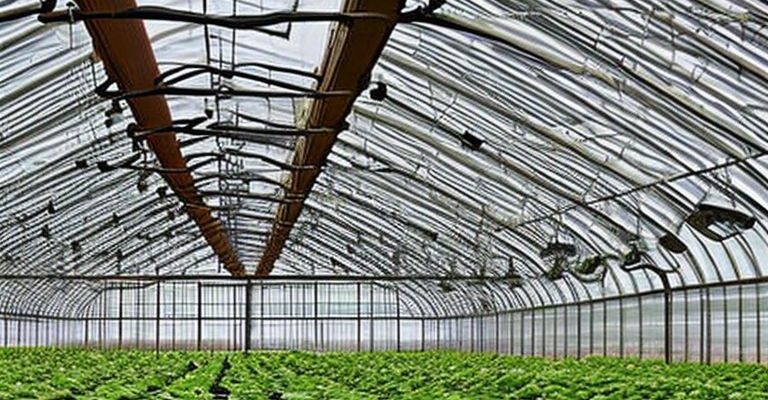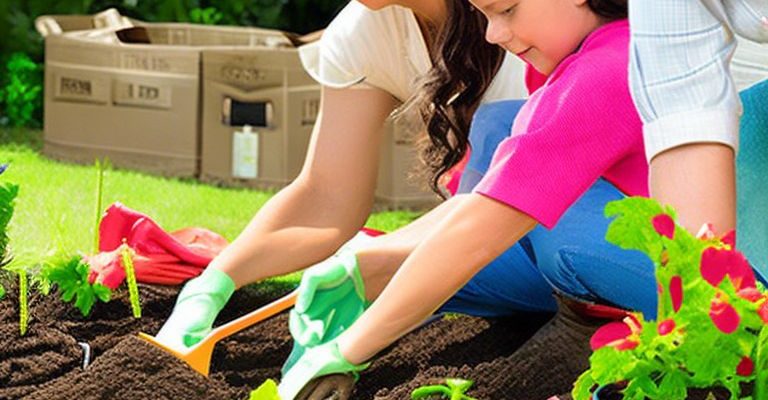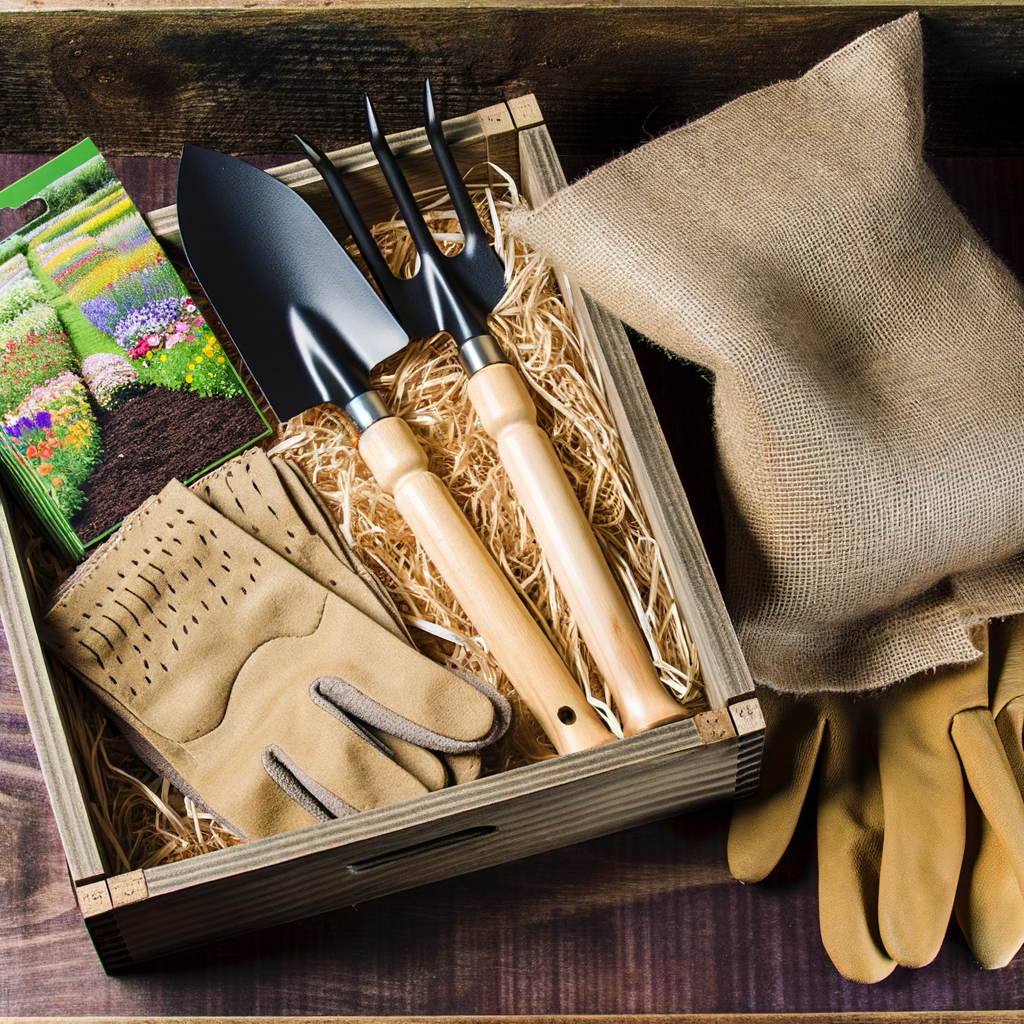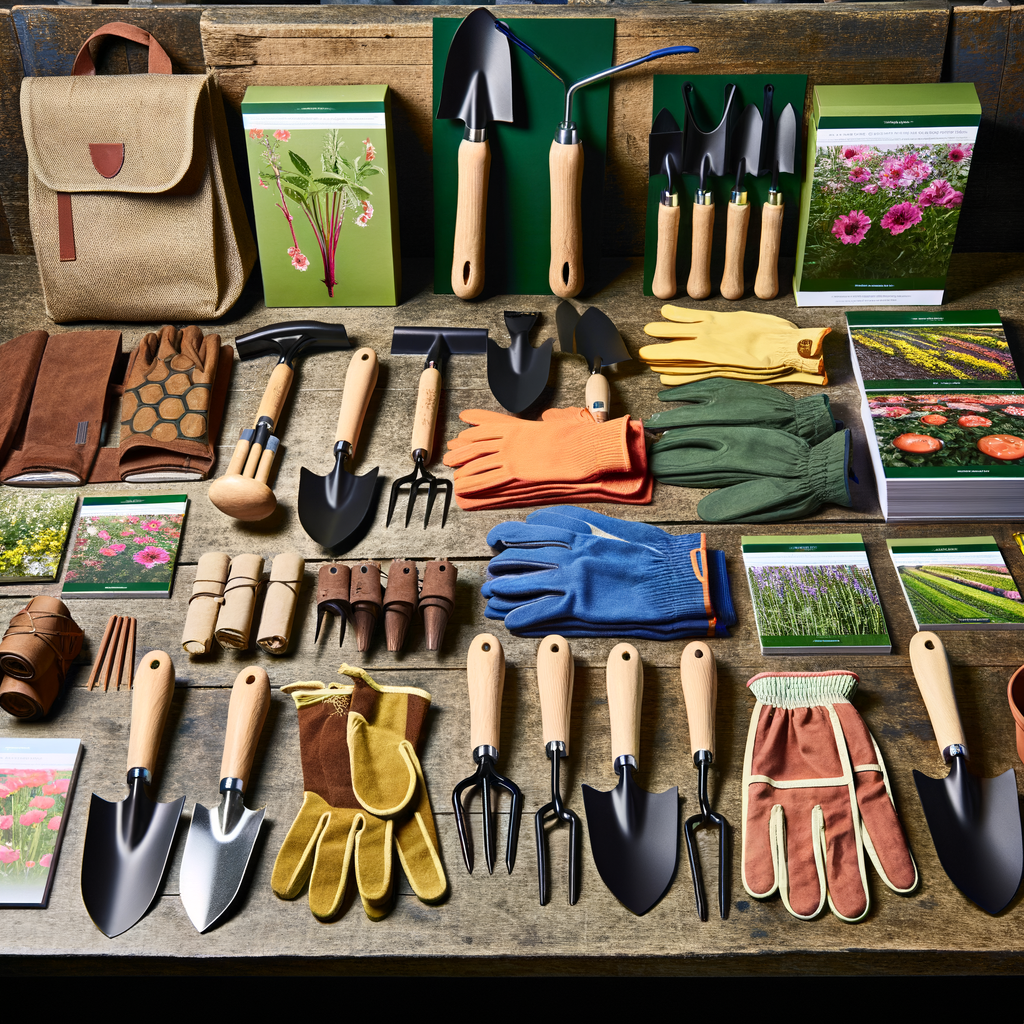For a successful vegetable garden, the following tips can help you succeed. Ensure the soil is rich in organic matter and provides ample sunlight for most vegetable plants. Also, be sure to plant tall vegetables on a north or west-facing side of your garden.
Tall plants should not shade smaller ones. Lastly, the best soil for growing vegetables contains lots of organic matter, such as composted leaves, aged bark, or shredded newspaper.
Gardening Tips For Vegetarians
7Plant a variety of flowers in your vegetable garden. This not only adds beauty to your plot, but also attracts beneficial insects. Ladybugs and lacewings are good companions, as they help keep pests in check.
By planting flowers around your vegetables, you’ll attract beneficial insects that will help your veggies thrive. The best time to plant flowers in your vegetable garden is late in the day when pollinators are most active.
Water regularly. Most vegetables need an inch of water per week, including rain. To minimize water usage, use a drip irrigation system or install rain gutters in nearby structures.
Even if you’re not a ‘gardening whiz’, a well-placed water barrel will help your vegetables remain healthy. Watering plants twice a week will ensure proper nutrient uptake, as well as allow the water to penetrate into the soil and stay moist longer.
When planting, avoid overcrowding. Overcrowding can cause your vegetables to grow stunted or weak. Also, try growing your vegetables vertically by using a vine or trellis system.
Growing Vegetables: Choosing the Right Soil for Your Garden
Vining crops are also good choices, as they save you time by hanging from sturdy posts. Make sure to choose sturdy posts and strings to hold them in place. You can even create a front yard garden that is edible.
If you want to grow vegetables for your family, prioritize the ones that are easy to grow and yield the most. A good guide for beginners is the Cooperative Extension Service, which can provide helpful information on choosing vegetables that thrive in your climate. However, be careful to choose the proper soil for your garden.
If the soil is not suitable for vegetables, consider adding marigolds to deter insects and attract pollinators. Marigolds are also a great choice to attract pollinators and add color to your vegetable garden.
When planting your vegetable garden, pay attention to the type of seeds or seedlings. Certain varieties grow smaller than others and are better suited for early spring planting. Others are more heat or cold-tolerant.
Choose the right type for your garden based on how frequently you eat vegetables and what you can preserve. Most first-timers do not want to grow vegetables for the whole year. Some want to plant just enough to eat fresh vegetables throughout the summer.
The first tip for growing vegetables is to choose a suitable soil. Most soils are a mixture of sand, clay, and silt. The proportions of each component in the soil determine the type of soil for a given area.
In Seattle, for example, past glacial covers likely contained large amounts of clay and sand. By contrast, most soils in the area today are mixed and have a higher percentage of clay and silt.
Vegetable seeds should be planted separately from other plants. If you are a beginner gardener, do not plant seeds in the same row, as this will attract pests to the area and spread the problem quickly.
Instead, group vegetables that will grow well together. You can also try a garden in a bag if you do not have much space in your garden. An added benefit of a garden in a bag is that it doesn’t require tilling and is weed-free. Another great vegetable gardening tip is to include compost as a fertilizer.
After clearing annual weeds, make sure to compost the clippings and leaves. Leaves and grass clippings will eventually clog your compost bin, ruining your crop. If you have a compost bin, place it near the vegetable garden for easier use. Then, remove it when it is full. When you’re ready to move onto the next step, plant a succession crop, such as onions and broccoli.
Soil preparation is crucial to the success of your veggie garden. Ensure that the soil is rich in organic matter, or else your plants won’t thrive. The soil must be prepared before planting. Clear away grass, and roots that may be clogging in the soil.
Turn the soil every spring. Afterwards, it is important to turn it again, as clumpy dirt may accumulate after a season. Then, add compost, which will help the soil retain water and nutrients.



